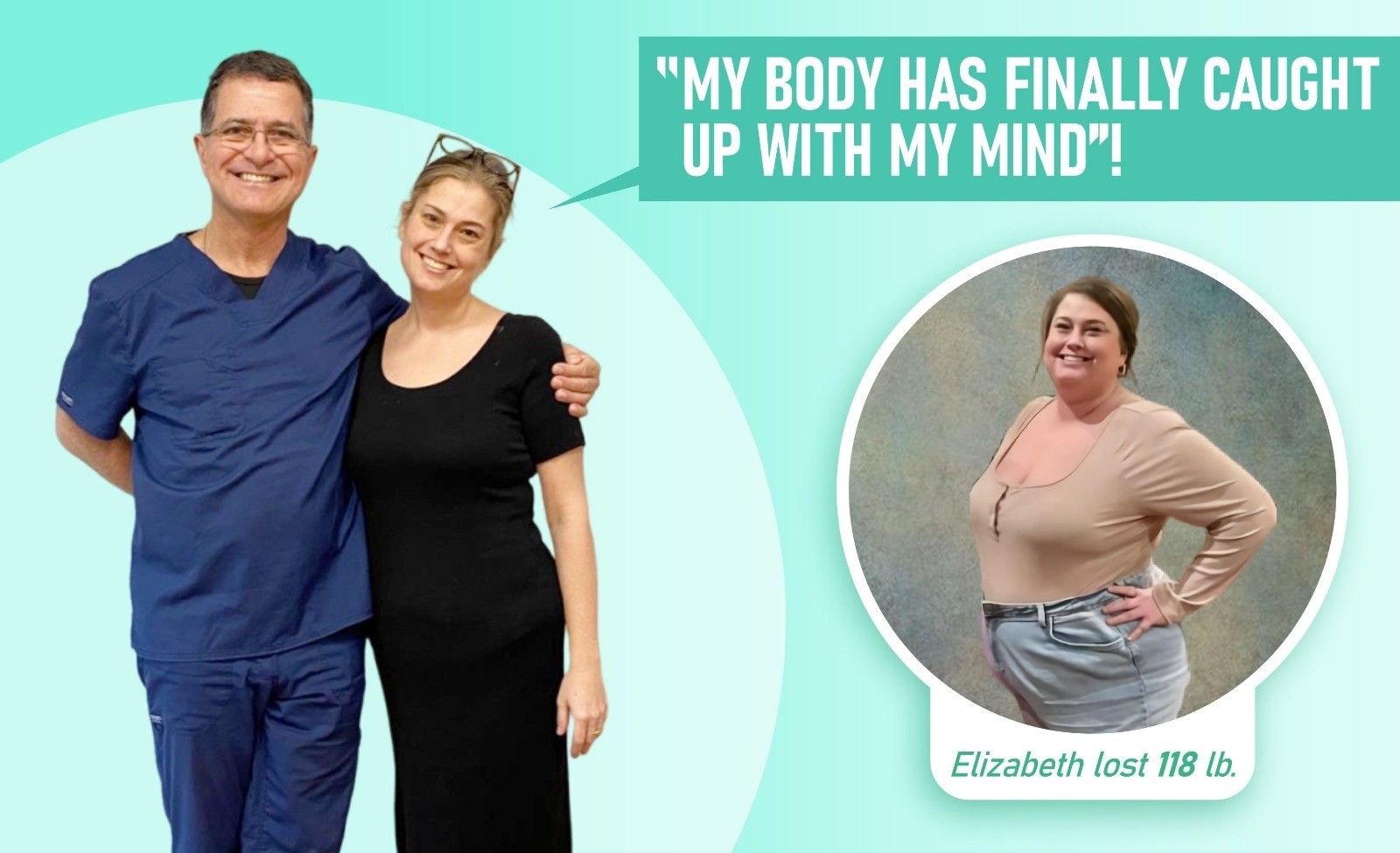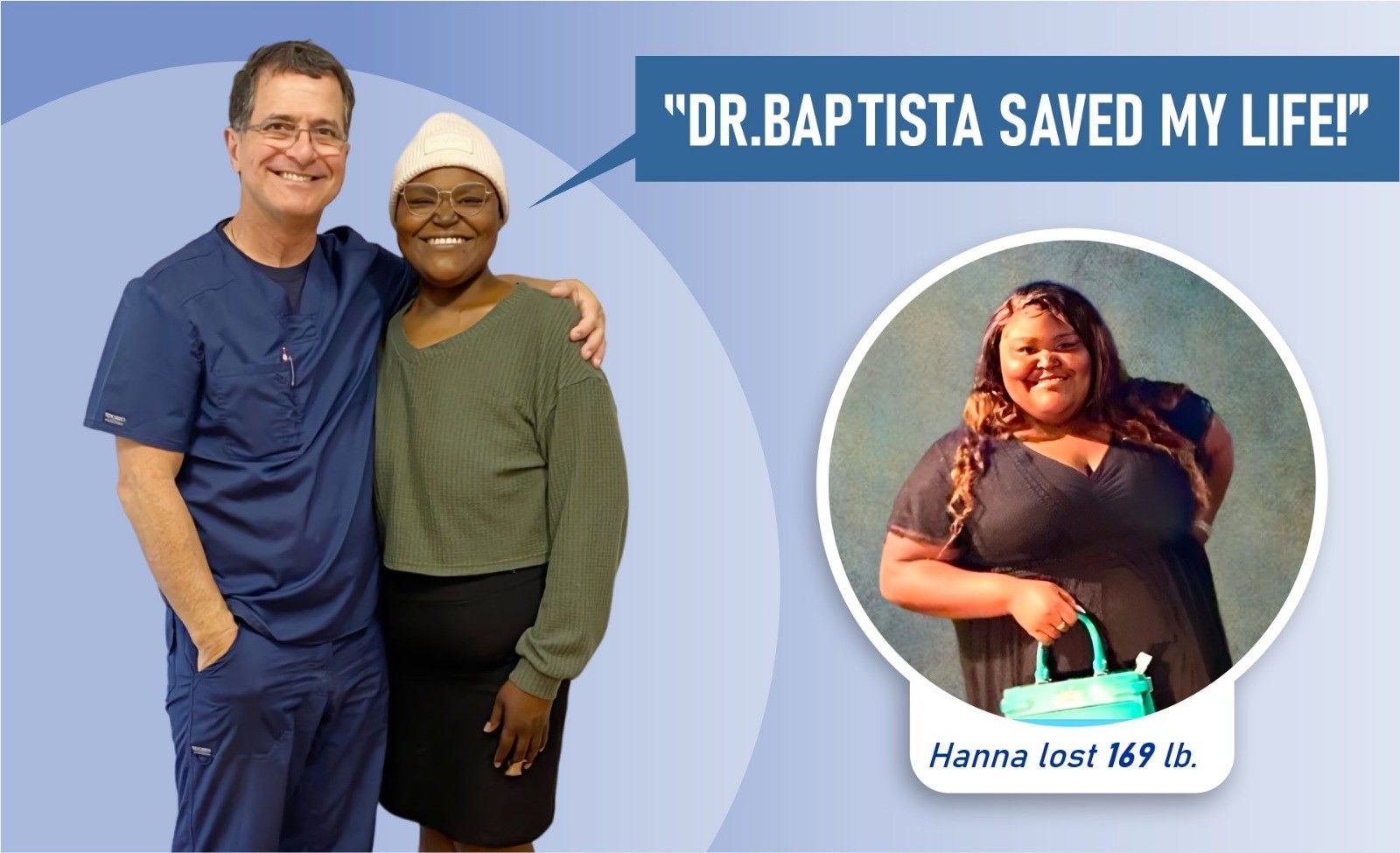Obesity and Weight Loss in Jacksonville, FL
Obesity and Sleep Apnea: Understanding the Relationship
Sleep apnea is a serious medical condition that can lead to various and sometimes serious complications. Although sleep apnea can appear on its own, several risk factors can increase your risk of developing this condition. One of the most notable risk factors for sleep apnea is obesity.

List of Services
-
Sleep Apnea BasicsList Item 1
Individuals with sleep apnea have trouble breathing while they are asleep. Breathing difficulties often cause the person to snore loudly. In many cases, people with sleep apnea stop breathing for short periods of time, which can lead to gasping and/or choking sounds. This can occur many times each night. People suffering from sleep apnea are often unaware that they have it and may also experience difficulty concentrating, gastroesophageal reflux, chronic fatigue and headaches upon waking.
Over time, people living with sleep apnea may develop serious related problems, including heart attack, stroke, depression and high blood pressure. Because people who suffer from sleep apnea are often fatigued, their risk of accidents during the day also increases.
-
Sleep Apnea and ObesityList Item 2
The most common form of sleep apnea is known as obstructive sleep apnea. This type of sleep apnea occurs when the soft tissues in the mouth and throat relax and obstruct the airway during sleep. This condition is more common among people who are overweight or obese. However, enlarged tonsils, a family history of sleep apnea and a history of tobacco use can also contribute to the problem.
Sleep apnea has also been shown to contribute to additional weight gain, which can exacerbate the problem even further. Thus, it is important for patients to resolve both of these conditions in order to prevent complications.
-
Losing Weight
If you are obese or overweight and suffering from sleep apnea, weight loss surgery has proven to improve, or in many cases provide complete resolution of sleep apnea. For obese patients, weight loss surgery is an effective treatment of sleep apnea in up to 85% of cases.
Without weight loss the primary medical treatment is a device called a continuous positive airway pressure or CPAP machine. This device is worn over the nose during the night and forces the airway to remain inflated while you sleep. Most people find this an uncomfortable solution.
If you are concerned about sleep apnea, talk with Dr. Baptista to see if weight loss surgery is an appropriate treatment for you.
Obesity & Weight Loss Resources
Patient Success Stories






